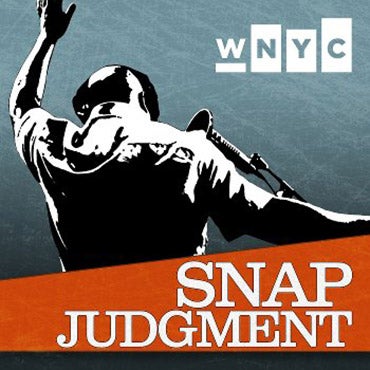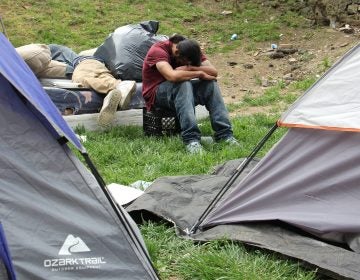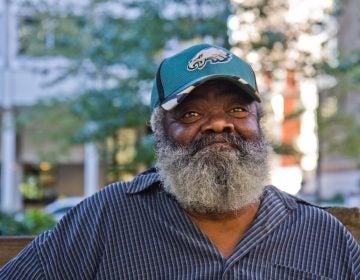A different kind of Christmas card tradition
Ten years ago, I started anonymously giving envelopes with handwritten Christmas cards and cash to people who are homeless in Philadelphia.
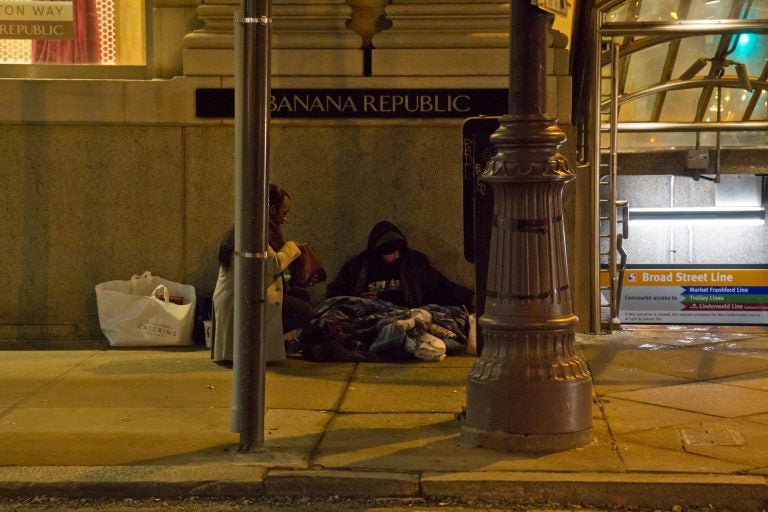
David Alexander Jenkins makes friends with Michael, who told Jenkins his story and how he's lived on the street for the past three years. (Kimberly Paynter/WHYY)
We all walk past that homeless guy who asks if we can spare a dime. And with great skepticism, maybe we’ll give up 10 cents, or just roll our eyes inwardly and whisper “sorry” or “I can’t help you.”
Ten years ago, I started anonymously giving envelopes with handwritten Christmas cards and cash to people who are homeless in Philadelphia. Dear friends of mine coaxed me into sharing my experience with others, so here goes.
So often we think that, if we hand cash to people who are homeless, they will buy drugs or alcohol or something else that we have deemed morally corrupt (for them). But who am I to decide what another person needs or wants?
The truth is, many homeless people live off of the generosity and kindness of strangers. Our perception of their intentions, more often than not, is really a reflection of ourselves and not on them. These donations help clothe, feed, and provide basic shelter for many.
One such a man is Will, a member of Philadelphia’s homeless community, who stopped me on Friday as I crossed the square, to ask for a cup of coffee and to ask if I knew if “that Christmas gift thing was happening this year.”
Will told me that the coat he is wearing was purchased with the anonymous cash he received last year.
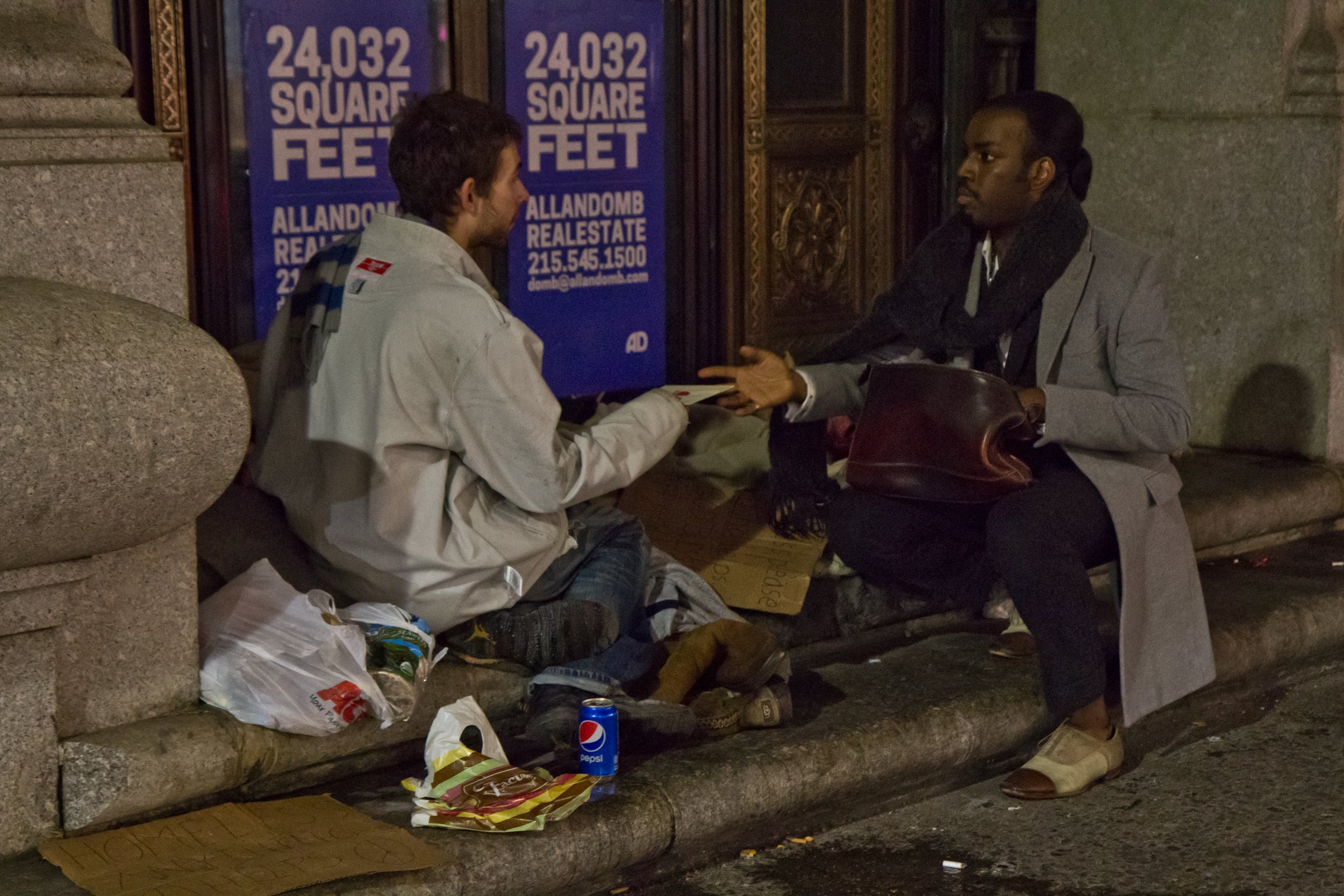
On Saturday mornings at St. Marks soup kitchen, I’m privileged to serve people in need — people who, for myriad reasons, are without a home. What is often denied these members of our society is the humanity that we take for granted, the ability to walk into a shop and order a coffee and pay for it with their own money, to be greeted and treated like humans.
When I first came to Philadelphia, when I was a student, my dad showed me how to go underground to get everywhere. We walked from Market Street all the way down to Locust Street using all the underground subway line exchanges. It’s the first time I think I was ever aware that it was not only a hallway to get from train station to subway, but it was also peoples’ homes. There’s another world that we’re not thinking of.
Underneath the Center City streets, between the steamy grates and cement walls, lies a different neighborhood, one stripped of the glitz and glam of Rittenhouse and the grandeur of City Hall, where neoclassical French design is traded for cardboard. A sea of souls find rest swaddled in tattered, unwanted, finders-keepers goods. This is what Christmas looks like for hundreds of our neighbors. It’s what most other nights of the year look like, too, for those who consider themselves lucky to find a spot indoors where the whistle and beat of police doesn’t usher them off in an attempt to protect “the citizens of our great city.”
So I had this idea: What if we anonymously gave homeless people Christmas gifts while they slept to show them that someone cared about their struggle. And when I thought of homeless people with the same level of dignity I give to everyone else, the answer became clear. What about a bit of cash?
So I just sort of experimentally put 20s and 50s into envelopes, and I passed them out on the street at night.
The first time I did it, I heard the next morning that there was a man staying in a shelter who could not take his little girl with him, because they segregate women from men. But because of the money that he received in an anonymous card, he and his little girl were able to pay to stay together for one night.
I’ve been doing this ever since. Ten years on, these small tokens are often make the difference in finding a meal or shelter for the night or the ability to travel to see family for many of our homeless neighbors.
—
Following in the footsteps of his ancestors, Philadelphia socialite David Alexander Jenkins makes his mark on the world through philanthropy. The former model regularly patronizes more than a dozen charitable organizations.
WHYY is your source for fact-based, in-depth journalism and information. As a nonprofit organization, we rely on financial support from readers like you. Please give today.

